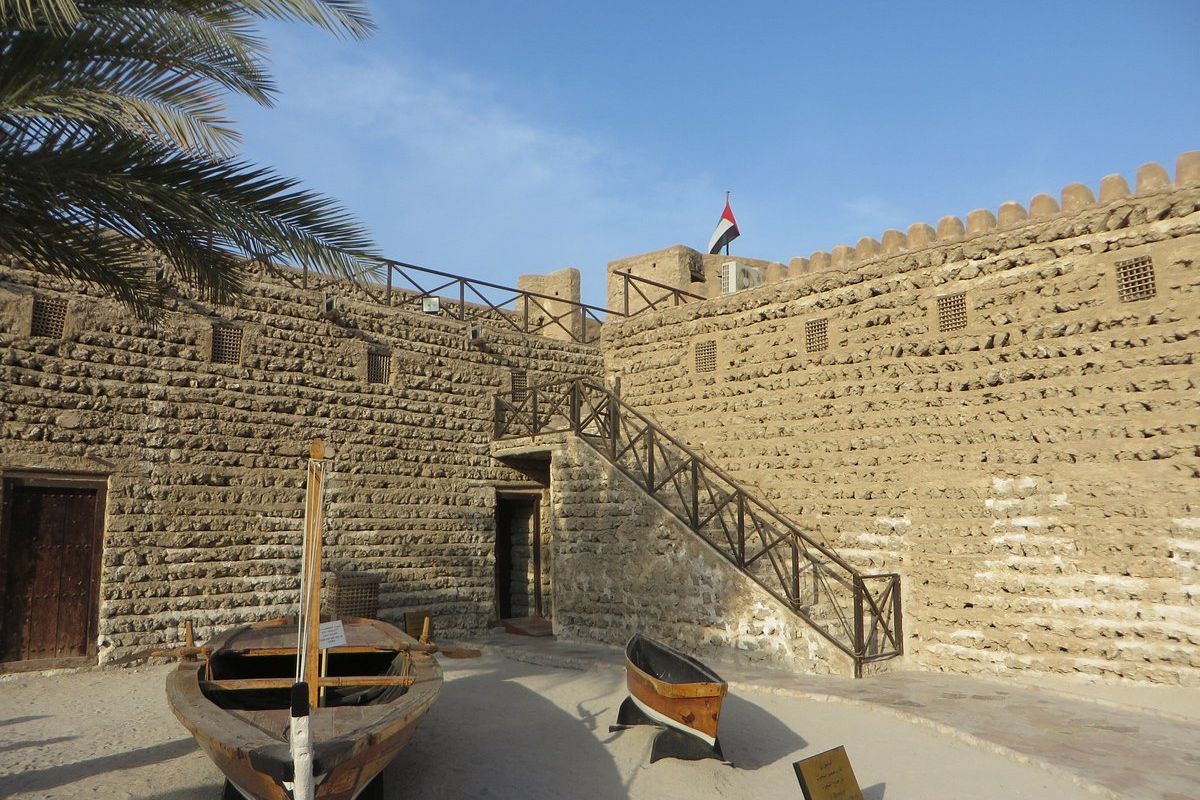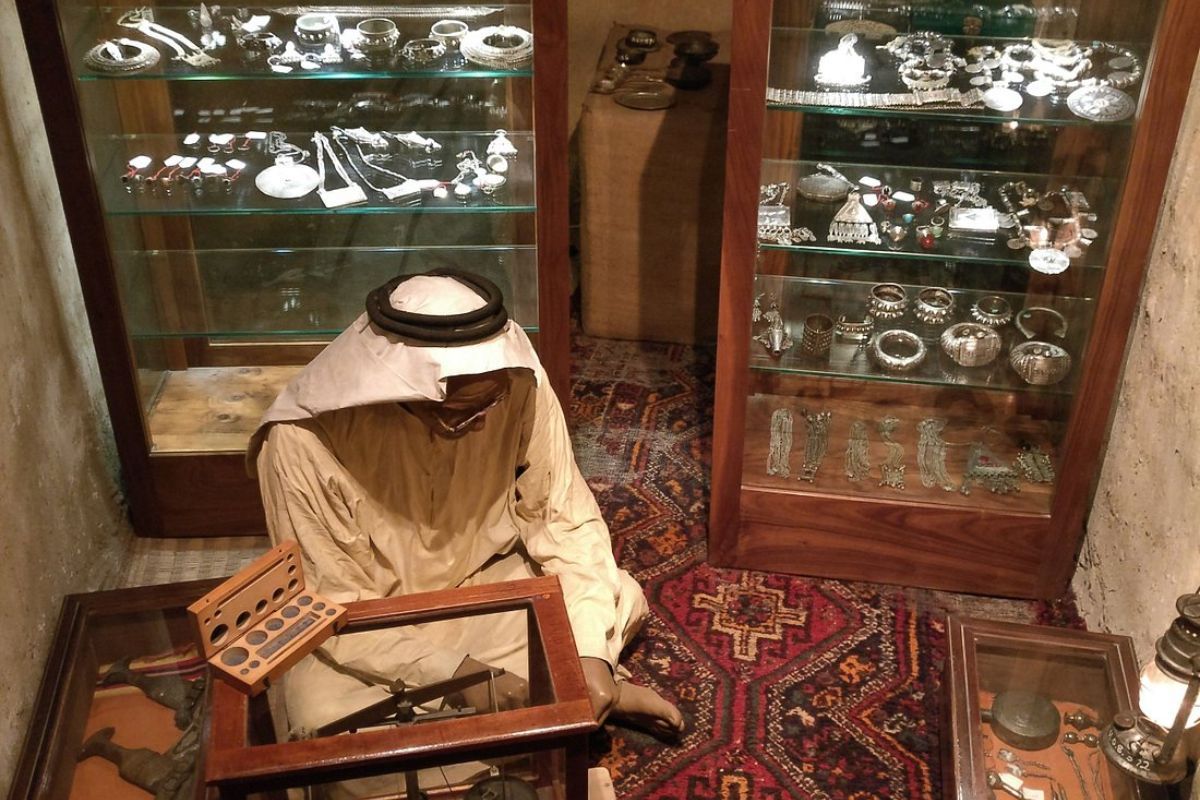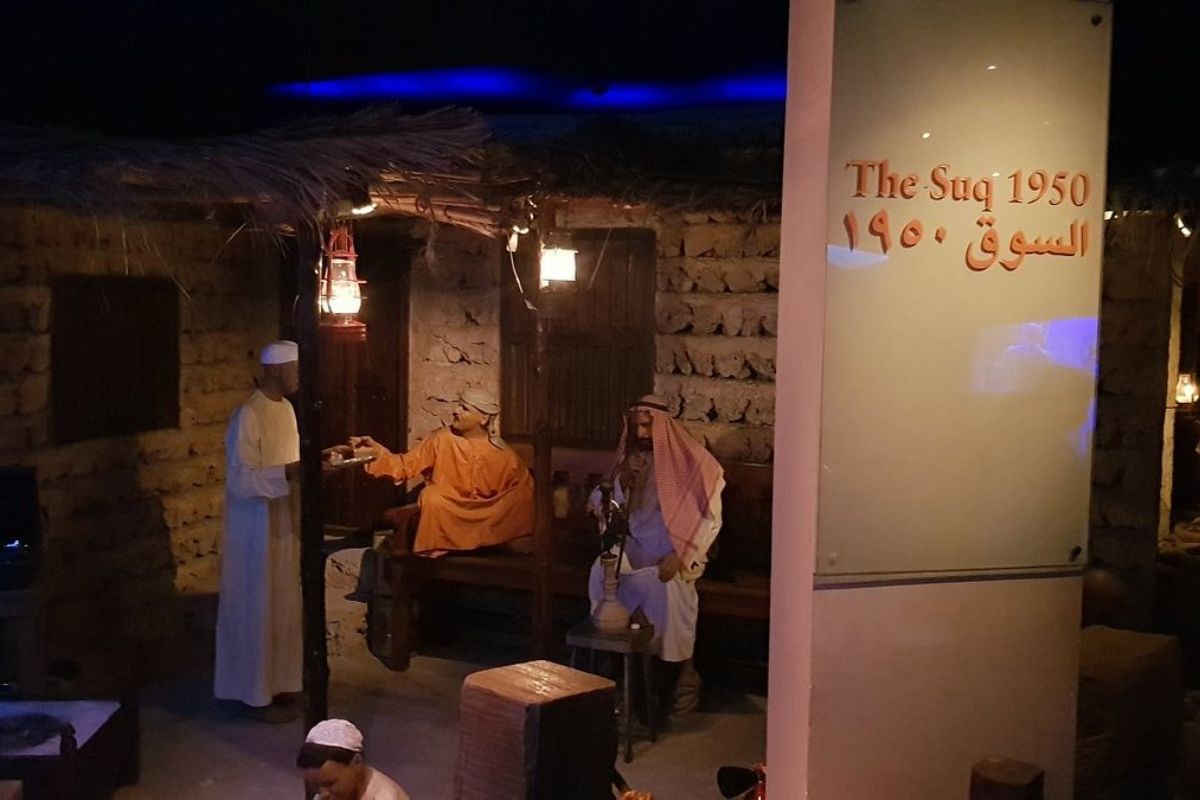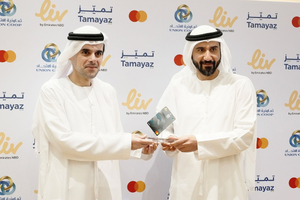Dubai is a city that is filled with culture and heritage. It is a fascinating cultural hub with several museums and art galleries. Museums are always a fun learning experience for everyone whether you are a tourist or a long-time resident. You get to learn new things about the past and the future and enjoy the unique experience you get there. Explore the history, heritage, and culture of Dubai at the oldest museum in Dubai, The Dubai Museum.
Here’s a complete guide for you to the Dubai Museum.
About Dubai Museum:

The Dubai Museum is the oldest museum in Dubai, built in 1787 within a fort that looks remarkable from inside and out. What will catch your attention is the large model of wooden dhow displayed and the cannons that are placed next to the entrance. The Dubai Museum gives you a chance to encounter colourful and enlightening exhibits that display the origin of UAE. The fort the museum is built in was once used as a monarch’s base and served as a fortified residence, prison, and weapon arsenal. During the reign Sheikh Rashid bin Saeed, the site was renovated and opened to the public in 1971 as a museum that showcases Dubai’s history. This place will take you back in time to old Dubai with the galleries that recreate scenes from marine life and the desert.
Dubai Museum is a prominent cultural site in Dubai where history and modern-day reality blend seamlessly. It offers a unique look at the emirate's past and the various stages of its transformation that were followed by the oil boom in the 1960s. The museum contains several elaborate dioramas depicting daily life in Dubai at the time. Have you ever been curious what Dubai looked like all those years ago? Then visit this museum for an experience you’ll remember and look back upon.
Main Attractions of The Dubai Museum:

The Dubai Museum has several wings dedicated to the different aspects of life and living in Dubai. These wings feature various relics of trade and commerce in ancient Dubai and video footage in the background that will make you feel at the souk in ancient Dubai. You will also find a model mosque and a desert that bears the testimony of life and living of the Bedouins. The largest wing of the Dubai Museum is the seafarers which showcases the importance of seafarers in the social structure of Dubai, the technique of making a dhow and the varied marine life underneath the Arabian Gulf. The seafarer is a must-watch exhibit in the Dubai Museum. The largest diorama of the Dubai Museum is the Al Qusais Archaeological Site that reflects the various stages of Dubai’s archaeological history. All the relics from Jumeirah, Al Qusais, and other sites date to 2000-1000 B.C and reflects the glorious past of the Arab world. After you’re done exploring all the exhibits of the museum, you can stop at the gift shop and find gift items and other souvenirs at affordable prices.
Without giving away much, here is a brief breakdown of the most prominent wings and exhibits of the Dubai Museum:

The Al Fahidi fort: The Al Fahidi is part of the Dubai Museum and is an artifact on its own as it has maintained its prestige over the years. The Al Fahidi Fort Gallery, which descends a spiral staircase in the citadel's south-western tower, contains artifacts dating back to 1960, before oil was discovered. Inside the fort, you'll find a variety of exhibits and dioramas, including pottery, animal figures, the ancient practice of pearl diving, shops from the early 1950s, artifacts dating back to 3000 BC, and much more.
The Monuments Wing: This wing displays various exhibits containing ancient weapons, tombs, urban communities, and pottery. Here, you get to learn how people in Dubai used to live, fight, and go about their daily lives in the desert. The pottery collection includes a variety of handcrafted cooking utensils, food preservation items, and water storage containers. You also get to see the items that were used in the transportation of goods and food.
The Wing of Dubai: The Wing of Dubai has several exhibits that depict the daily life in ancient Dubai. The displays and artifacts in this section are ideal for learning about Dubai's history as well as the effort it took to become one of the world's most modern cities.
Markets from 1950: There is no denying that Dubai's shopping malls are among the best in the world, but have you ever considered what shopping was like back in the early 1950s? The Dubai Museum has an entire wing with life-size displays of stores and traders in an old market in Bur Dubai. A single step into this gallery transports you to the 1950s, where you can see vendors at various stores buying and selling merchandise.
Traditional Home and Masjid: The Dubai Museum also has exhibits with traditional homes and masjid during the ancient times in Dubai. This gallery has old homes and wind towers that exhibit how the buildings and structures in Dubai have evolved over the years.
Oasis Wing, Desert at Night, and the Sea Exhibit: The Sea exhibit at the Dubai Museum illustrates how the sea and its natural resources have aided the growth of Dubai's economy. The pearl diving and fishing industries have made significant contributions to the modernization of this glamorous city. The ancient port of Dubai served as an important trade route, which is depicted artistically in various exhibits. The Sea Wing showcases various shipbuilding techniques that were used by local fishermen and tradesmen. Both the Oasis Wing and the Desert at Night galleries have displays depicting the desert life during that era. You'll also get a glimpse of Dubai's wildlife here.
Folklore wing: This section displays old artifacts linked with ancient folklore and other culturally significant items.
Old Dubai fortification wing: The old Dubai fortification wing contains a large collection of primitive weaponry, including curved daggers, swords, spears, bows and arrows, sharkskin shields, pistols, and axes and the trade's caravans that were used to protect the city from robbers.
Other Wings and Exhibits: Across the museum's wings are rare authentic memorials, original illustrations, drawings, and audio and visual presentations. A large section is dedicated to musical instruments, with displays of drums, flutes, lyres, goatskin bagpipes, and other locally made instruments. The main yard of the Dubai Museum has a traditional Dhow and bamboo houses with antique furniture.
Location:
The Dubai Museum is located on Al Fahidi Street opposite the Grand Mosque, Bur Dubai
How to get to Dubai Museum:
You can reach the Dubai Museum through the Fahidi and Ghubaiba bus station which is a 6 minute-car drive away to the museum. You can also reach the Dubai Museum through the metro by getting down at the Al Fahidi or Al Ghubaiba metro stations. If you are driving a car, keep in mind that there is a limited parking space available near the museum, so you’ll need to reach early to find a space. You can also take a taxi or hire an Uber or Careen to take you to your destination.
Tickets and Timings:
You can purchase the ticket for the Dubai Museum and Dubai Fort at the museums ticket counter. The ticket costs AED 3 for adults and AED 1 for children under the age of 6.
The Dubai Museum opening hours are Saturday to Thursday from 08:30 am to 08:30 pm. And on Fridays from 02:30 pm to 08:30 pm.
Please Note: The Dubai Museum is currently under renovation and will be closed to the public until further notice.
Things to know before visiting:
• Don’t touch or mishandle any of the museums valuable artefacts or relics. Any damage cause to the museum’s property will result in a hefty fine.
• Keep your mobile phones on silent. You must take permission from the museum authority for taking cameras inside the museum.
• Be particular of the museum’s timings. You won’t be allowed to enter before or after the scheduled timings.
• Maintain a proper dress code while you are touring the Dubai Museum and other prominent sites in Dubai. Your dress should not reflect any form of disregard towards the culture of Dubai.
• Dubai gets quite hot during the day, so make sure you are wearing sunscreen and are hydrated.
Other attractions to visit near Dubai Museum:

Explore Bur Dubai and the many attractions it offers that are near the Dubai Museum.
• Dubai Creek
• Meena Bazar
• Sheikh Mohammed Centre for Culture Understanding
• Al Fahidi Neighborhood
• Old Souk
• Textile Souk
• Spice Souk
• Gold Souk
• Perfume Souk









